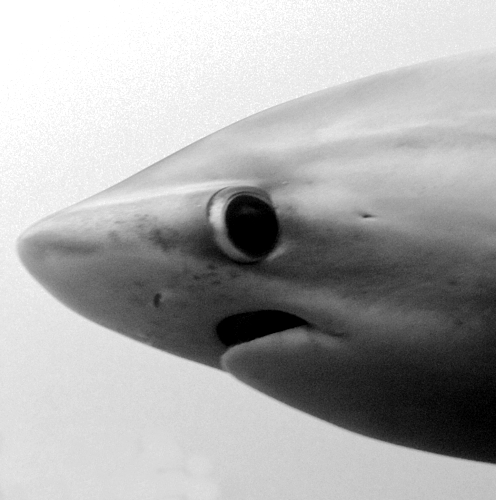AIMS studies reef life
 A new study reveals shark and ray populations on Australian coral reefs are faring relatively well.
A new study reveals shark and ray populations on Australian coral reefs are faring relatively well.
However, the study co-authored by Australian Institute of Marine Science (AIMS) researchers also highlights that these populations are still declining in areas with insufficient protection from fishing.
The findings, published in the journal Science as part of the five-year Global FinPrint project, indicate a global average decline of 63 per cent in the five main shark species found on coral reefs worldwide, namely grey reef, blacktip reef, whitetip reef, nurse, and Caribbean reef sharks.
The primary factor contributing to this decline is widespread overfishing.
AIMS scientists focused on Western Australia and found varying results across different areas.
Coral reefs located far from human populations and encompassing marine protected areas and fishing restrictions exhibited healthier populations of sharks and rays.
Dr Conrad Speed, a marine ecologist at AIMS, explained that the isolated Rowley Shoals, protected by a Marine Protected Area for three decades, showcased abundant populations of reef sharks and rays, including larger species like tiger sharks.
However, at Scott Reef, where fishing is allowed and accessible, fewer sharks were observed, along with a decrease in large prey species.
Dr Speed says shark populations are very important for reef recovery, noting their role in controlling carnivorous species that prey on herbivores essential for coral reef restoration.
Additionally, he highlighted the broader ecosystem roles of sharks and rays in healthy reefs.
The study also encompassed surveys in the Western Pacific, including the Great Barrier Reef.
The northern section of the reef exhibited high diversity, with 27 species of sharks and rays.
Most of the Great Barrier Reef maintained relatively intact shark populations, with minimal depletion observed among resident reef shark species.
The research analysed over 22,000 hours of video footage from baited underwater cameras across 391 reefs in 67 nations and territories.
It involved more than 150 researchers from over 120 institutions worldwide.
The study received support from the Paul G Allen Family Foundation and was led by Colin Simpfendorfer, Adjunct Professor of Marine and Aquaculture Science at James Cook University in Australia.








 Print
Print